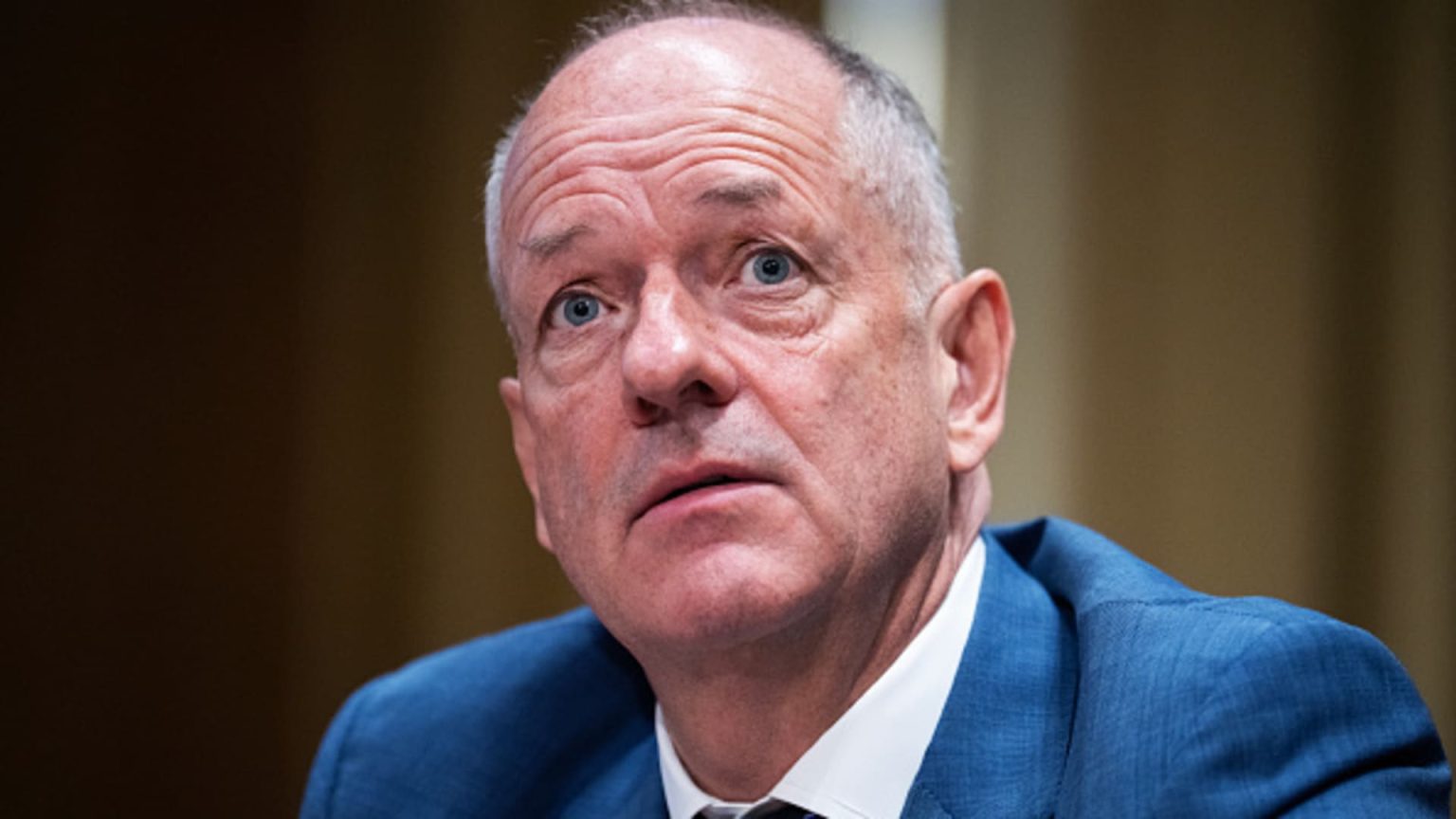UnitedHealth Group has announced the abrupt resignation of its CEO, Andrew Witty, amid rising medical costs and declining shares. The company has also suspended its forecast for 2025. Stephen Hemsley, previously CEO from 2006 to 2017, will assume leadership as Witty transitions to a senior advisory role.
| Article Subheadings |
|---|
| 1) Overview of Leadership Changes |
| 2) Financial Implications and Stocks |
| 3) Background on Andrew Witty |
| 4) Future Predictions for UnitedHealth Group |
| 5) Conclusion and Industry Impact |
Overview of Leadership Changes
UnitedHealth Group made headlines this week with the unexpected resignation of CEO Andrew Witty. The company stated that Witty is stepping down immediately for “personal reasons,” which raises questions about the internal dynamics at one of the largest healthcare firms in the United States. Following Witty’s exit, Stephen Hemsley, who previously headed the company, will take over. Witty will remain with the company as a senior advisor to facilitate a smooth transition.
This leadership change comes at a critical time as the healthcare sector faces numerous challenges, including rising medical costs and regulatory scrutiny. Hemsley, who has significant experience with the company, is expected to bring stability during this tumultuous period. His tenure from 2006 to 2017 was marked by the company’s transformation into a substantial healthcare conglomerate.
Financial Implications and Stocks
UnitedHealth’s announcement has generated immediate repercussions, with pre-market trading showing a nearly 10% drop in shares. This decline reflects not only investor unease over the leadership change but also the broader financial challenges facing the company. Other insurance stocks such as CVS Health and Elevance Health have also experienced similar declines of approximately 3%, indicating that concerns about rising medical costs are affecting the entire sector.
The company suspended its 2025 financial forecast, attributing this to higher-than-expected medical costs for new enrollees in its private Medicare plans. This move suggests that the company anticipates a more extensive impact from elevated medical expenses, including the return of seniors to hospitals for services they had previously delayed during the COVID-19 pandemic.
Background on Andrew Witty
Prior to his tenure at UnitedHealth, Andrew Witty was the CEO of the British pharmaceutical company GlaxoSmithKline. His experience positioned him as a valuable asset when he took the reins at UnitedHealth in 2021. However, Witty’s time with the company has been fraught with challenges, including a historic cyberattack, government investigations, and increased scrutiny stemming from the murder of Brian Thompson, the CEO of UnitedHealthcare.
Despite acknowledging that the U.S. health system is “flawed,” Witty defended UnitedHealthcare’s role in providing services. His resignation raises questions about future leadership strategies and the direction of policy reforms within the organization.
Future Predictions for UnitedHealth Group
Looking ahead, the company expresses optimism regarding its path to recovery and growth. Hemsley noted the “tremendous opportunities to grow” as they address ongoing challenges in the healthcare landscape. UnitedHealth is seeking to return to its long-term growth target of 13% to 16% annually, with a projected return to stability expected by 2026. Under Hemsley’s previous leadership, the company successfully transformed into a $400 billion healthcare entity.
However, analysts are cautious as they assess the impact of rising medical costs, which have been a long-standing concern for the insurance industry. With the backdrop of heightened scrutiny and near-term uncertainties, UnitedHealth must navigate these challenges to reassure investors and stabilize share performance.
Conclusion and Industry Impact
The resignation of Andrew Witty presents a significant turning point for UnitedHealth Group. As the company grapples with rising medical costs and regulatory challenges, stakeholders will be closely monitoring the impact of Hemsley’s return. The broader healthcare sector is also likely to feel the ripple effects of this leadership change, particularly as investors assess valuation and growth projections of other major players in the industry.
In conclusion, while the prospects for UnitedHealth under Hemsley appear optimistic, the realities of the current healthcare landscape necessitate vigilant oversight and strategic planning. Investors and industry watchers will be keen to see how the new leadership navigates these complexities in the coming months.
| No. | Key Points |
|---|---|
| 1 | UnitedHealth Group’s CEO Andrew Witty resigns unexpectedly. |
| 2 | Stephen Hemsley, former CEO, will take over leadership. |
| 3 | The company’s shares fell nearly 10% in premarket trading following the announcement. |
| 4 | Higher medical costs are impacting UnitedHealth and other insurance companies. |
| 5 | The company projects a return to growth by 2026 under new leadership. |
Summary
The resignation of Andrew Witty has created uncertainty at UnitedHealth Group, compelling the company to suspend its financial forecasts for 2025. As Stephen Hemsley steps in as CEO, stakeholders will be keenly watching how leadership changes will affect strategies to address rising medical costs and stabilize share prices in the fluctuating healthcare market.
Frequently Asked Questions
Question: What factors led to the resignation of Andrew Witty?
Andrew Witty stepped down for “personal reasons,” although the environment marked by rising medical costs and organizational challenges likely played a role.
Question: Who will succeed Andrew Witty as CEO?
Stephen Hemsley, who previously served as CEO from 2006 to 2017, will be taking over leadership at UnitedHealth Group.
Question: What are the expectations for UnitedHealth Group moving forward?
The company aims to return to growth by 2026, with strategic initiatives planned under the new leadership of Stephen Hemsley.


